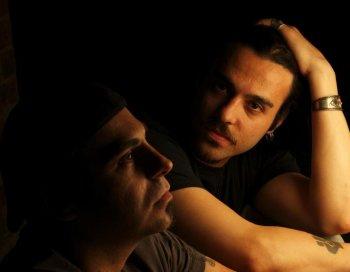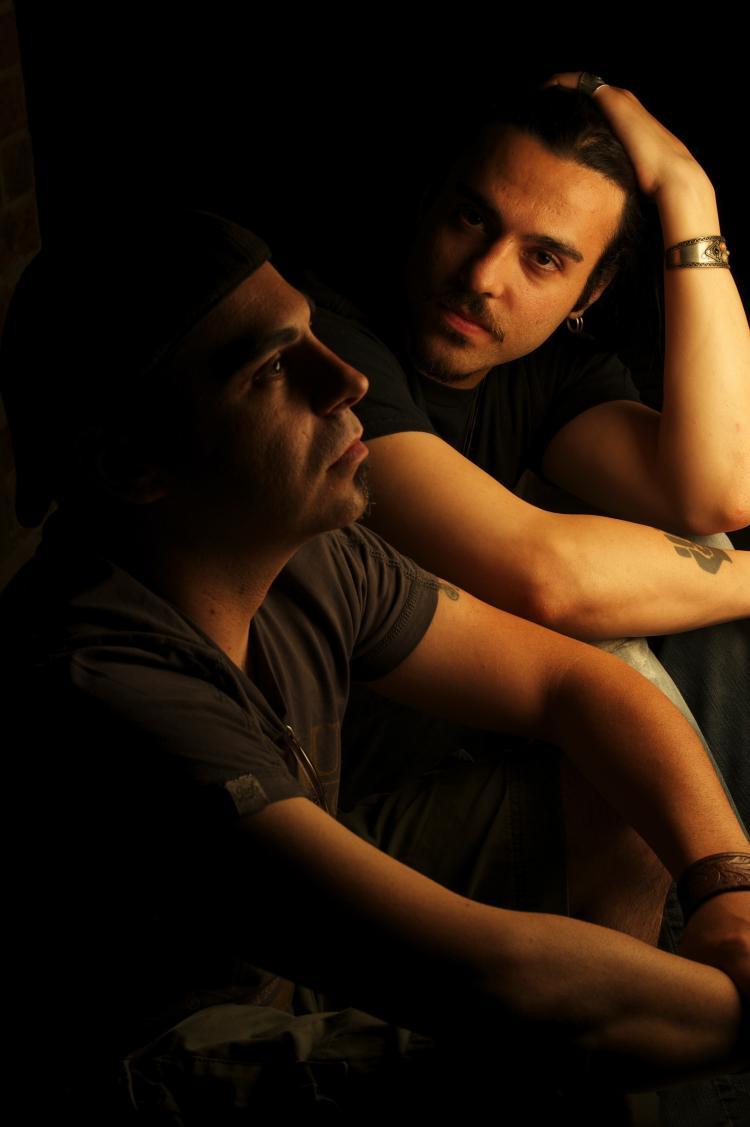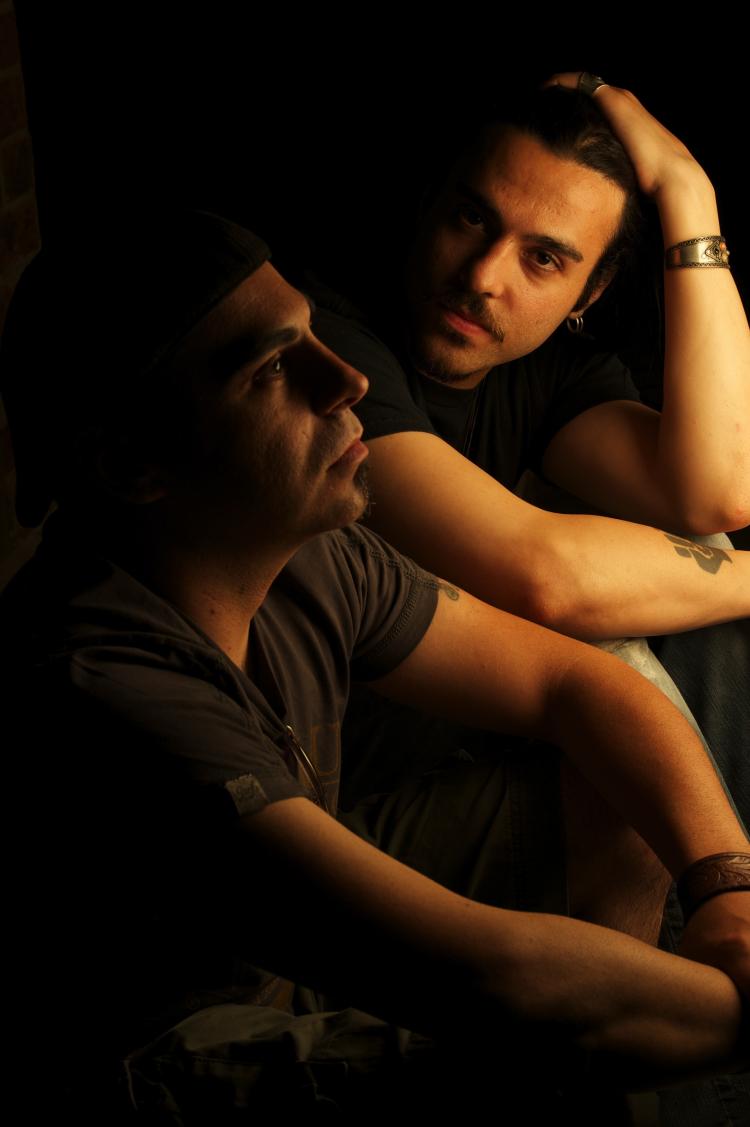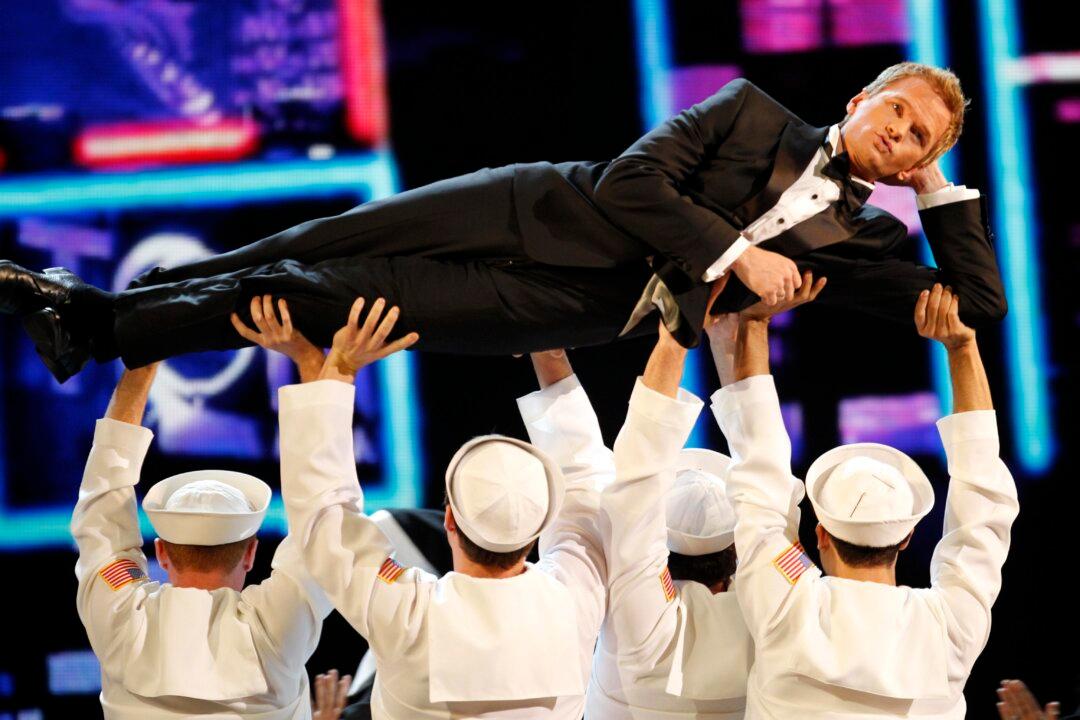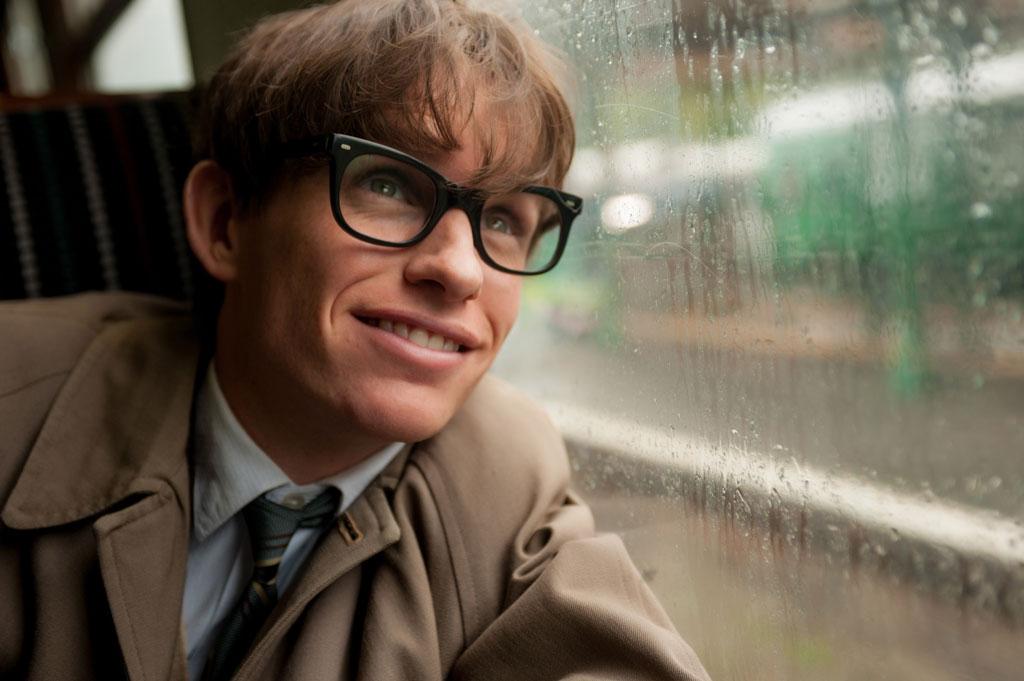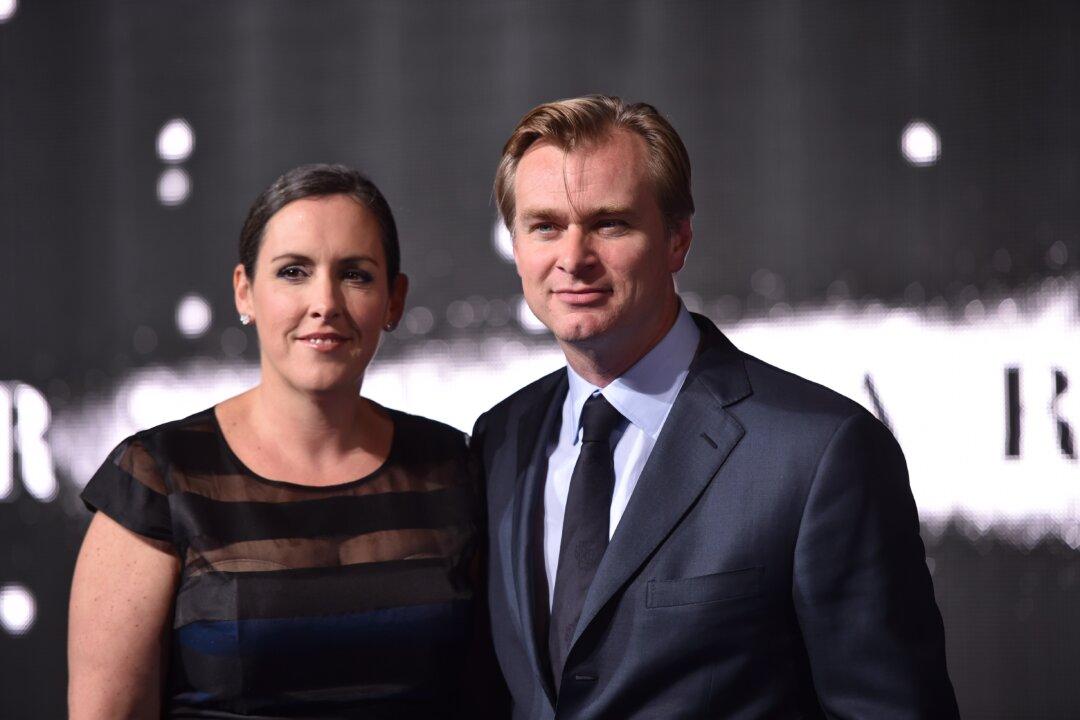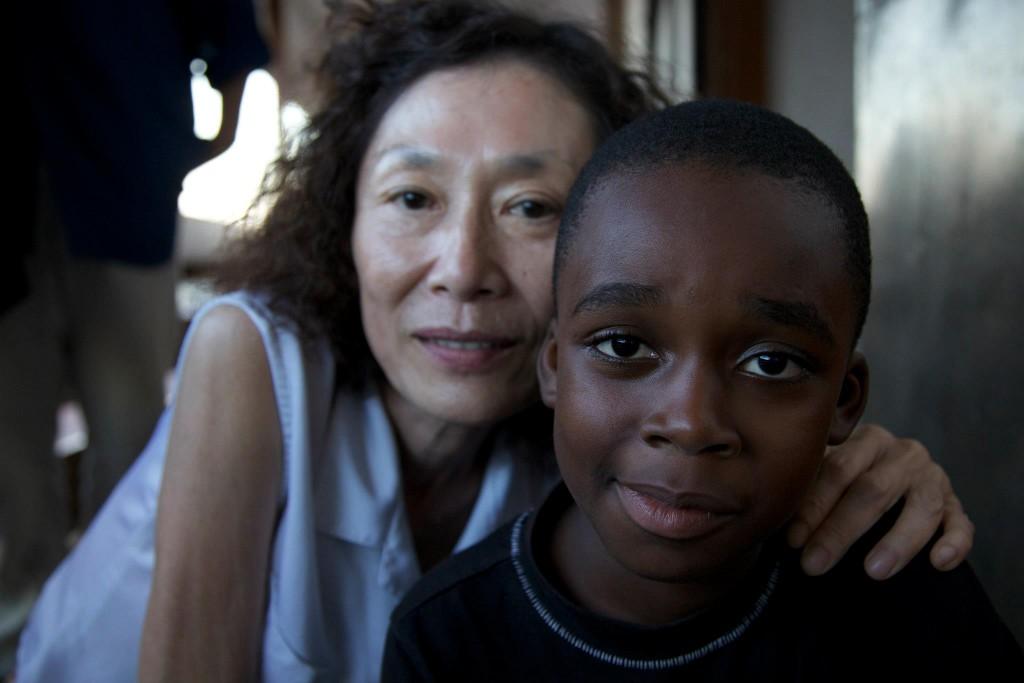Two Iranian brothers living in Toronto surprised media outlets in February with their cover of the notoriously revolutionary song by Pink Floyd, Another Brick in the Wall. The song, an attempt to familiarize the world with the political unrest in Iran that has sharpened since last year’s election, is now reaching those who have been afraid to speak out.
Iranian protesters took to the streets of Tehran in the thousands last summer to protest the election of Mahmoud Ahmadinejad. The election, largely seen as fraudulent, was viewed with suspicion because Ahmadinejad was not favoured by the majority of Iranians. To quash protests after the election, police and paramilitary forces suppressed both peaceful demonstrating and rioting using batons, pepper spray, sticks and, in some cases, firearms.
The rendition of Another Brick in the Wall by brothers Sepp and Sohl, who together form the band Blurred Vision, changed a line in the original version from “Hey teacher, leave those kids alone,” to “Hey Ayatollah, leave those kids alone.”
“If there’s one song in the history of rock and roll that totally embodies standing against the oppression, it’s this song,” says Sohl, adding that the most important line in the song is “We don’t need no thought control,” which embodies the spirit of the song for Blurred Vision.
According to the brothers, one of the most detrimental restrictions enforced by the new Iranian regime has been a ban on music, especially rock and roll. Music was further cracked down on after the 2009 election, and earlier this month, Iran’s supreme leader, Ayatollah Ali Khamenei, decreed that music should not be practised or taught in the country.
The time was perfect to reintroduce the song for its 30th year anniversary. It was first released in 1979, the same year Iran became a republic under the Ayatollah.
“So now, 30 years later we see the same uprising of youth fighting for freedom and for us it was just such a natural thing to see that,” says younger brother Sepp. “This song is what’s going to reawaken their voices and bring it back into the spotlight.”
The song earned historical symbolism for the group. Sepp tells how when the song was first released, the Iranian government quickly put a ban on rock music in order to deter youth from listening to it. However, the song was spread virally by those who used cell phones and uncensored internet outlets to send it circulate it, and eventually it became an anthem for Iran’s youth.
The duo had no trouble getting permission from Pink Floyd’s bassist Roger Waters, and even less so finding a director Babak Payami and a crew of volunteers to produce the video for the song.
“It was truly a labour of love,” explains 35-year-old Sohl about the voluntary project that had no budget. The group filmed the video at University of Toronto’s Hart House in downtown Toronto.
Soon after Blurred Vision posted their video on YouTube, they were getting responses from all over the world. Some of the emails from Iran included encouraging words like “You inspire us” and “This is our voice.”
The band has also reached other parts of the world. “We get messages from American soldiers fighting in Afghanistan, saying things like, ‘We appreciate what you guys are doing.’ This goes to show how broad the spectrum is, it goes to show how unified humanity can be through art,” Sohl says.
“Everybody is struggling for the same thing, to live in peace, to feed their families, to have shelter, to just have the things that are basic human rights . . . and music gives us the platform to bring that into the forefront,” says Sepp.
Now that Sepp and Sohl welcome media attention and their video has received over 300,000 views, the brothers will confidently work on releasing their next original track, “Democracy.”
“What’s going to be coming up next is also a part of how we see the world; obviously, as any artist or musician, your personality comes out through song,” says Sohl about their upcoming work. “It’s pretty much who we are and what we stand for.”
With youth supporters by their side and song in their heart, Blurred Vision hopes to continue to shine light on injustice and oppression, not just in Iran but all around the world as they embark on their musical journey.
Iranian protesters took to the streets of Tehran in the thousands last summer to protest the election of Mahmoud Ahmadinejad. The election, largely seen as fraudulent, was viewed with suspicion because Ahmadinejad was not favoured by the majority of Iranians. To quash protests after the election, police and paramilitary forces suppressed both peaceful demonstrating and rioting using batons, pepper spray, sticks and, in some cases, firearms.
The rendition of Another Brick in the Wall by brothers Sepp and Sohl, who together form the band Blurred Vision, changed a line in the original version from “Hey teacher, leave those kids alone,” to “Hey Ayatollah, leave those kids alone.”
“If there’s one song in the history of rock and roll that totally embodies standing against the oppression, it’s this song,” says Sohl, adding that the most important line in the song is “We don’t need no thought control,” which embodies the spirit of the song for Blurred Vision.
According to the brothers, one of the most detrimental restrictions enforced by the new Iranian regime has been a ban on music, especially rock and roll. Music was further cracked down on after the 2009 election, and earlier this month, Iran’s supreme leader, Ayatollah Ali Khamenei, decreed that music should not be practised or taught in the country.
The time was perfect to reintroduce the song for its 30th year anniversary. It was first released in 1979, the same year Iran became a republic under the Ayatollah.
“So now, 30 years later we see the same uprising of youth fighting for freedom and for us it was just such a natural thing to see that,” says younger brother Sepp. “This song is what’s going to reawaken their voices and bring it back into the spotlight.”
The song earned historical symbolism for the group. Sepp tells how when the song was first released, the Iranian government quickly put a ban on rock music in order to deter youth from listening to it. However, the song was spread virally by those who used cell phones and uncensored internet outlets to send it circulate it, and eventually it became an anthem for Iran’s youth.
The duo had no trouble getting permission from Pink Floyd’s bassist Roger Waters, and even less so finding a director Babak Payami and a crew of volunteers to produce the video for the song.
“It was truly a labour of love,” explains 35-year-old Sohl about the voluntary project that had no budget. The group filmed the video at University of Toronto’s Hart House in downtown Toronto.
Soon after Blurred Vision posted their video on YouTube, they were getting responses from all over the world. Some of the emails from Iran included encouraging words like “You inspire us” and “This is our voice.”
The band has also reached other parts of the world. “We get messages from American soldiers fighting in Afghanistan, saying things like, ‘We appreciate what you guys are doing.’ This goes to show how broad the spectrum is, it goes to show how unified humanity can be through art,” Sohl says.
“Everybody is struggling for the same thing, to live in peace, to feed their families, to have shelter, to just have the things that are basic human rights . . . and music gives us the platform to bring that into the forefront,” says Sepp.
Now that Sepp and Sohl welcome media attention and their video has received over 300,000 views, the brothers will confidently work on releasing their next original track, “Democracy.”
“What’s going to be coming up next is also a part of how we see the world; obviously, as any artist or musician, your personality comes out through song,” says Sohl about their upcoming work. “It’s pretty much who we are and what we stand for.”
With youth supporters by their side and song in their heart, Blurred Vision hopes to continue to shine light on injustice and oppression, not just in Iran but all around the world as they embark on their musical journey.

